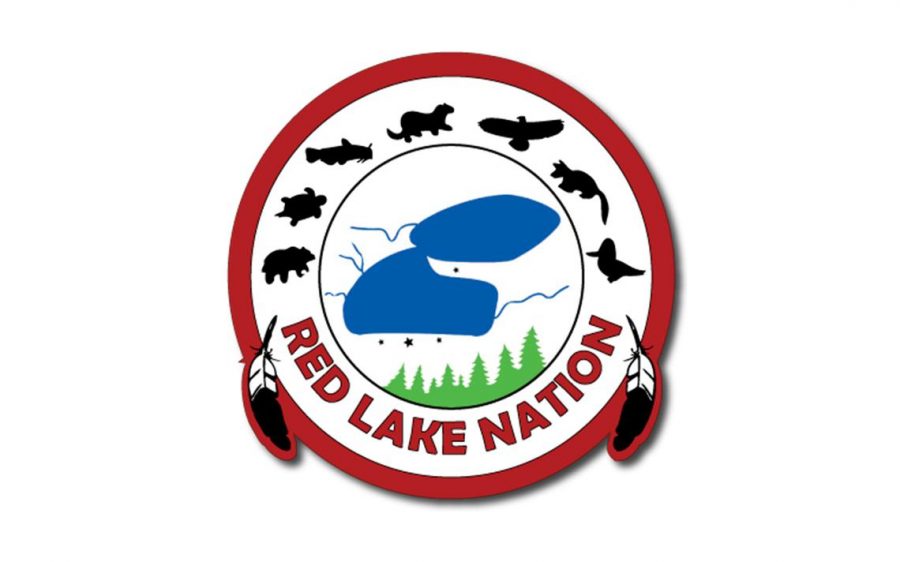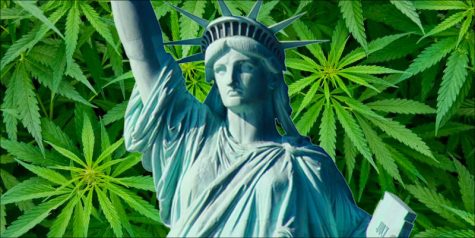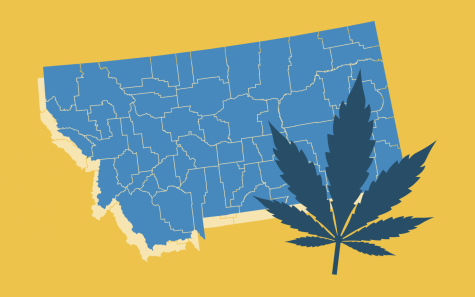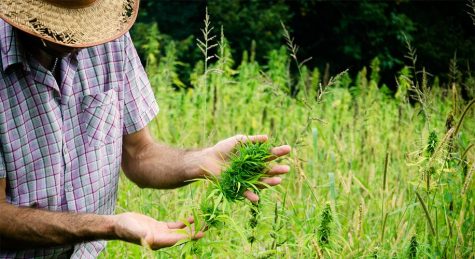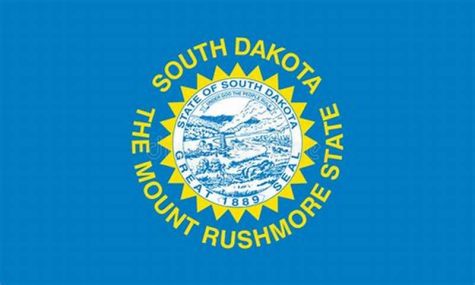Red Lake Nation goes down in history as it approves medical cannabis referendum
Wednesday, May 20 was an important and truly historical date in tribal territory history for the Ojibwe tribe in Minnesota. It was on this day that the first ever tribal nation in Minnesota voted – and succeeded – in legalizing the production, distribution and regulation of the cannabis plant statewide. However, it should be noted that only cannabis of medicinal-grade is included in the referendum.
The vote was cast by the Members of Red Lake Nation — home of the Red Lake Band of Chippewa Indians. No other entity in the state of Minnesota has legalized retail medical cannabis flower sales, nor has any other tribal community voted in favor of a medical cannabis referendum. This latest move – which is awaiting action from lawmakers –– is sure to trigger a wave of change in cannabis laws across the state’s 11 federally-recognized American Indian tribes.
A total of 14 Red Lake Band of Chippewa members filed the medical cannabis referendum, including Redby District Representative Allen Pemberton, Little Rock District Representative Michelle Barrett Cobenais, Ponemah District Representative Glenda Martin and Red Lake District Representative Robert “Bob” Smith.
Red Lake Nation cannabis referendum passed with flying colours
Minnesota’s tribal community members rejoiced when the election results were unveiled — the referendum passed with an incredible 80.5 percent of the vote. Based on these results, 1,765 voters were in favor of the measure, whereas 425 were in opposition of its passing. The recently-held cannabis referendum in the Red Lake Nation recorded the highest margin in favor of such an initiative since 2016, when Ballotpedia confirmed that 71 percent of voters passed a medical cannabis initiative in Florida.
“I want to (congratulate) Red Lake Nation on the voting on medical cannabis, we have passed today. It was a big, big turn out,” said the Chippewa Cannabis Party organizer Kevin Jones Jr. in a Live Facebook post after the election results were published. “We did it, we passed it. You guys all made history,” added the Red Lake native, who helped collect 2,500 signatures for the petition to be featured on the ballot.
Before the election took place, Jones said that he was making his best effort to ensure that Red Lake tribal residents have greater access to medical cannabis; as opposed to what is currently offered by Minnesota’s medical cannabis program. The word “access” is integral here, because it is relevant to the types of products that would be made available to tribal patients.
Individuals who are enrolled in Minnesota’s medical cannabis program are limited to purchasing topical infused solutions, dissolvable/ingestible capsules and oils. The Red Lake Nation medical cannabis referendum, on the other hand, specifically pushed for legal medical cannabis flower. If the legislation is enacted, Red Lake Nation would be the state’s sole source of legal bud.
“This is a new path for all of us, let’s keep moving forward with it,” said Jones, who noted that it remains unclear as to specifically when tribal medical cannabis patients will be able to obtain their medicine, nor how the program’s launch would be executed.
Red Lake Nation cannabis referendum to trigger full legalization, boost qualifying conditions
Medical cannabis patients in Minnesota can currently gain access to the plant in its medicinal form if they are diagnosed with a broad spectrum of health conditions/diseases. They include cancer-related pain, vomiting/severe nausea, Tourette syndrome, HIV/AIDS, glaucoma, cachexia or severe wasting syndrome, multiple sclerosis (MS) symptoms, amyotrophic lateral sclerosis, epileptic-related seizures/persistent muscle spasms and Crohn’s disease.
Thanks to the successful passage of the referendum in Red Lake Nation, the list of qualifying conditions would be expanded to include chronic pain, depression and opioid addiction. So long as no obstacles stand in the path of the Red Lake Band of Chippewa members who are lobbying for legal weed access, the tribal territory’s list of qualifying conditions would also include more of Minnesota’s broad range of eligible conditions, such as Alzheimer’s disease, autism, terminal illness – with life expectancy of less than one year – intractable pain, post-traumatic stress disorder (PTSD) and obstructive sleep apnea.
Members of the Chippewa Cannabis Party are hopeful that the bill’s passage will progress directly to complete recreational legalization. Numerous advocacy groups are backing the initiative to legalize cannabis in the Red Lake Nation, with one Facebook page accumulating 2,100 likes for its vow to “end cannabis prohibition in Red Lake by Organizing a grassroots campaign.”



